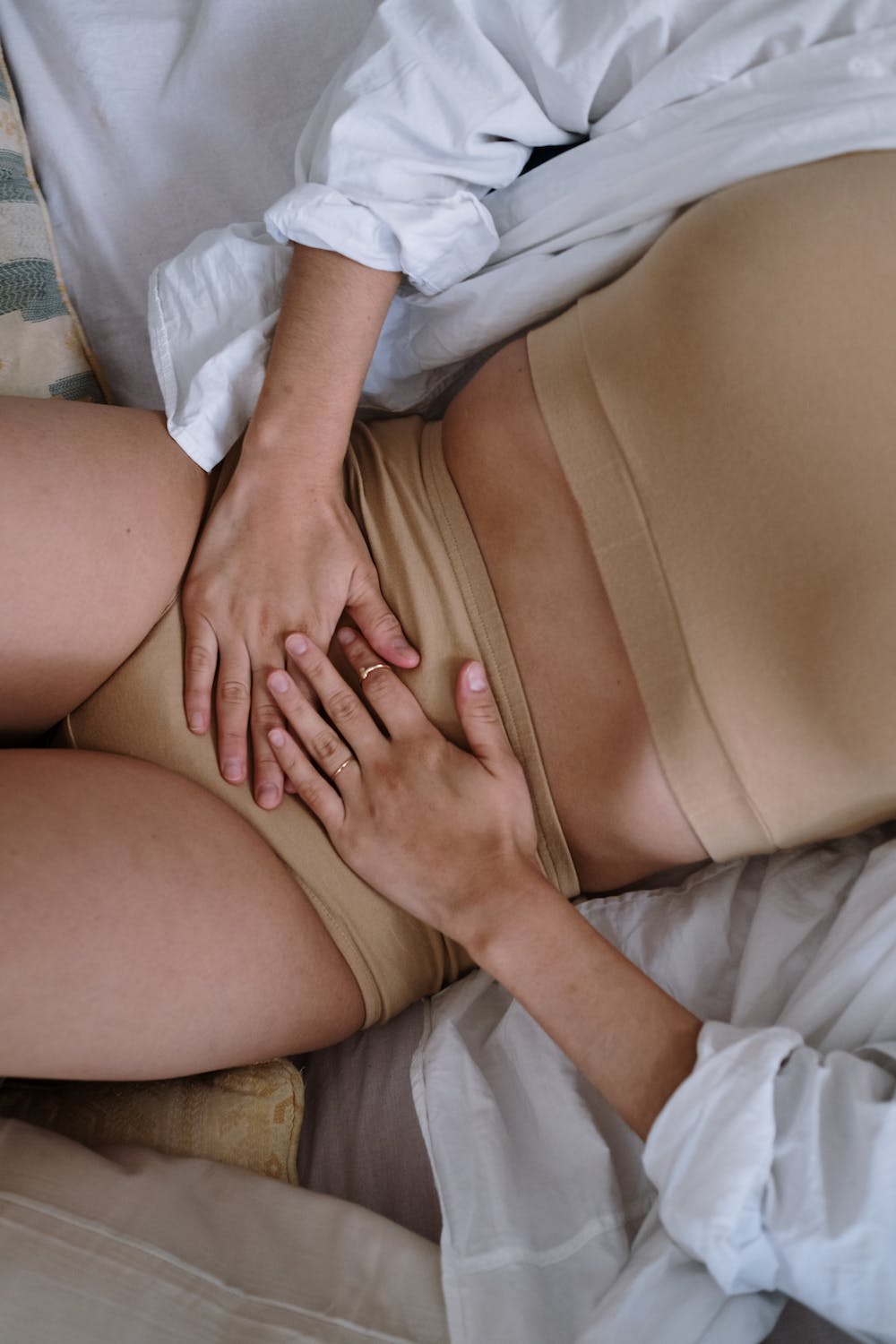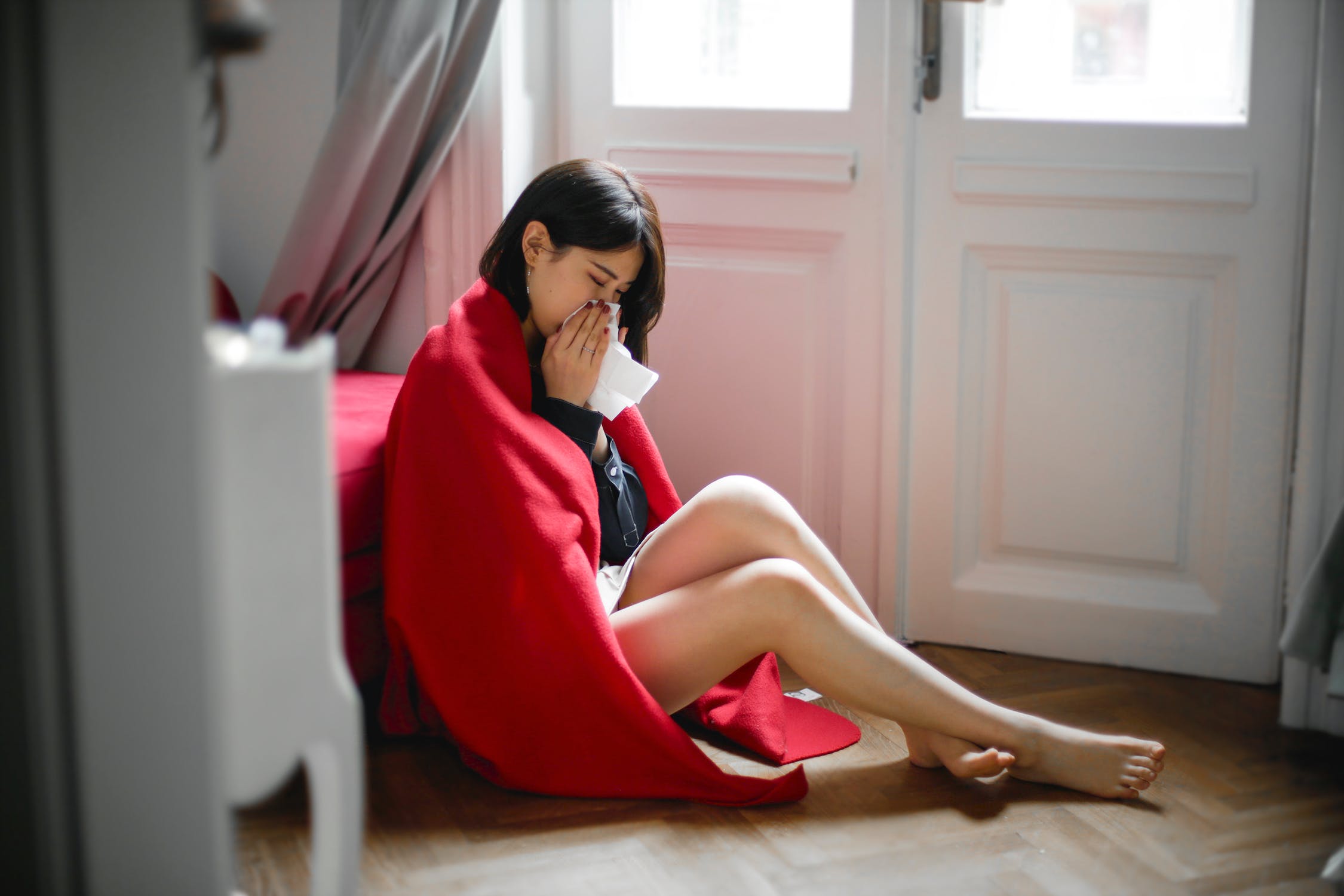
Premenstrual Syndrome also called: PMS is a group of symptoms that occur in women, typically between ovulation and a period.
The cause isn’t fully understood but likely involves changes in hormones during the menstrual cycle. Usually self-diagnosable.
Symptoms include mood swings, tender breasts, food cravings, fatigue, irritability and depression.
What are 7 symptoms of PMS?
There are many possible symptoms of PMS, but typical symptoms include:
Mood swings.
Feeling down or anxious.
Feeling irritable.
feeling bloated – your tummy sticks out more than normal.
Headaches.
Breast tenderness or changes.
Loss of interest in sex.
Changes in skin (like spots or dryness)
Treatment consists of self care and anti-inflammatory

Lifestyle changes and medication may reduce symptoms.
Here are some ways to help prevent it.
Keep Track:
Writing a symptoms diary can help. Recognise what’s going on throughout the month by noting how you feel from day to day. You can then schedule things to coincide with specific times. For example if you tend to feel great for a few days during your cycle, that’s the time to take your driving test, or go to a job interview etc.
2. Tackle the symptoms:
Many PMS symptoms can be easily controlled using natural remedies. Women suffering from bloating can benefit from root capsules.
3. Take vitamins and minerals:
Studies show that a lack of various nutrients can increase PMS symptoms. These include magnesium, calcium, vitamin D, B vitamins, iron and zinc. In one study, it was revealed that 50-80% of women with PMS were deficient in magnesium.
4. Lose excess weight:
Several scientists have discovered that the more overweight you are, the more likely you are to suffer from PMS.
5. Chill out:
Stress is also implicated in PMS. You are more likely to have worse PMS when you are stressed than when you are relaxed. Practice ways of relaxing.
6. Get Moving:
Exercise can lift you mood as it helps to boost the feel good chemicals in the brain known as Endorphins. Low levels of endorphins have also been implicated in PMS.
7. Snack Away:
According to researchers, your body needs 500 extra calories a day in the run up to your period as that is when your iron levels are at their lowest. On those days, have a healthy mid morning and mid afternoon snack.
8. Take essential oils:
Some studies suggest that gamma linolenic acid (GLA) helps to reduce PMS symptoms such as irritability, stomach cramps and breast pain. You can find it in evening primrose oil, starflower oil and blackcurrant oil.
9. Take herbs:
A plant called agnus cactus is popular in the treatment of PMS. Research suggests it can improve symptoms by more that 50 percent. St John’s Wort can also help, but it can reduce the effectiveness of the contraceptive pill.
10. Cut them out:
Salt, sugar, coffee and alcohol have all been linked to PMS symptoms.Salt causes bloating, alcohol can worsen your mood, caffeine can increase breast tenderness and sugar exacerbates food cravings.

No Comments